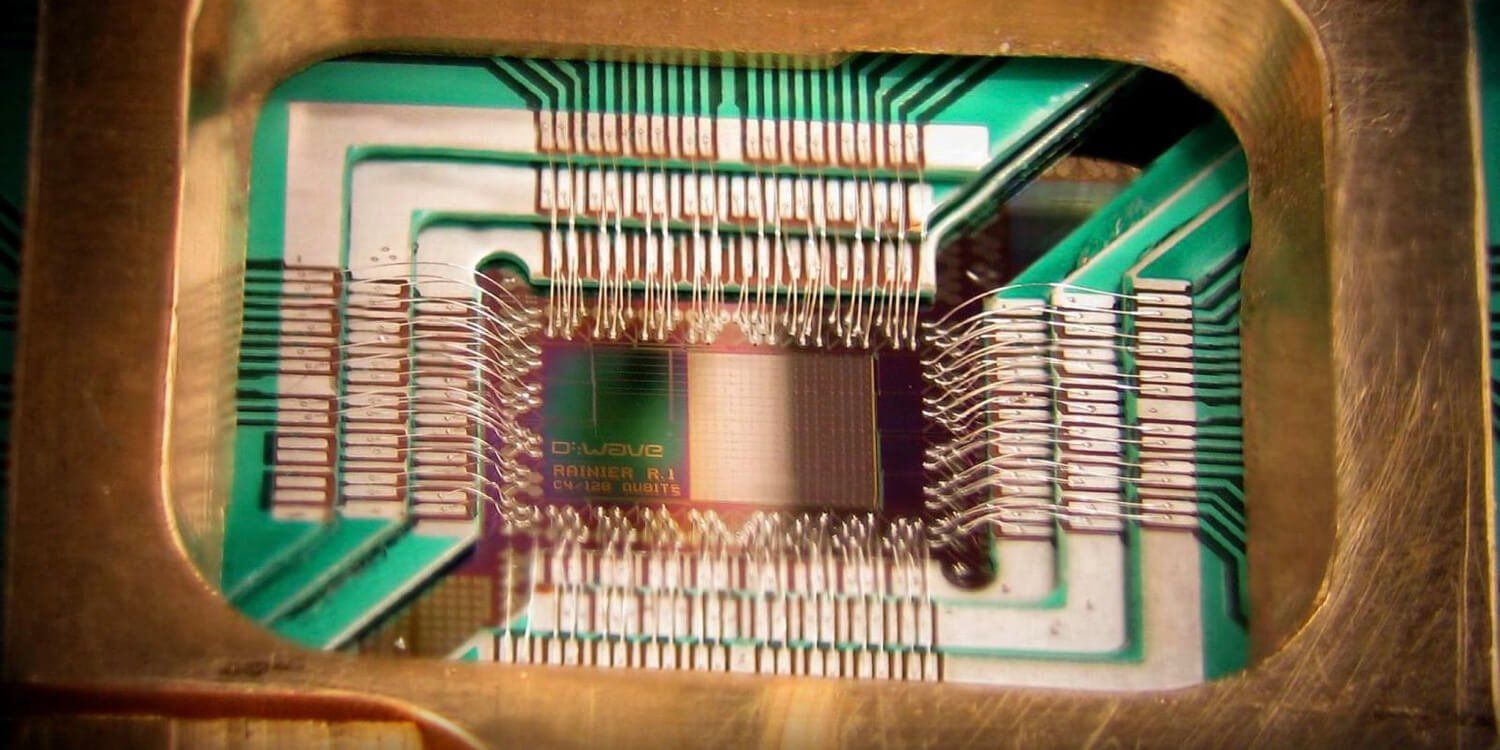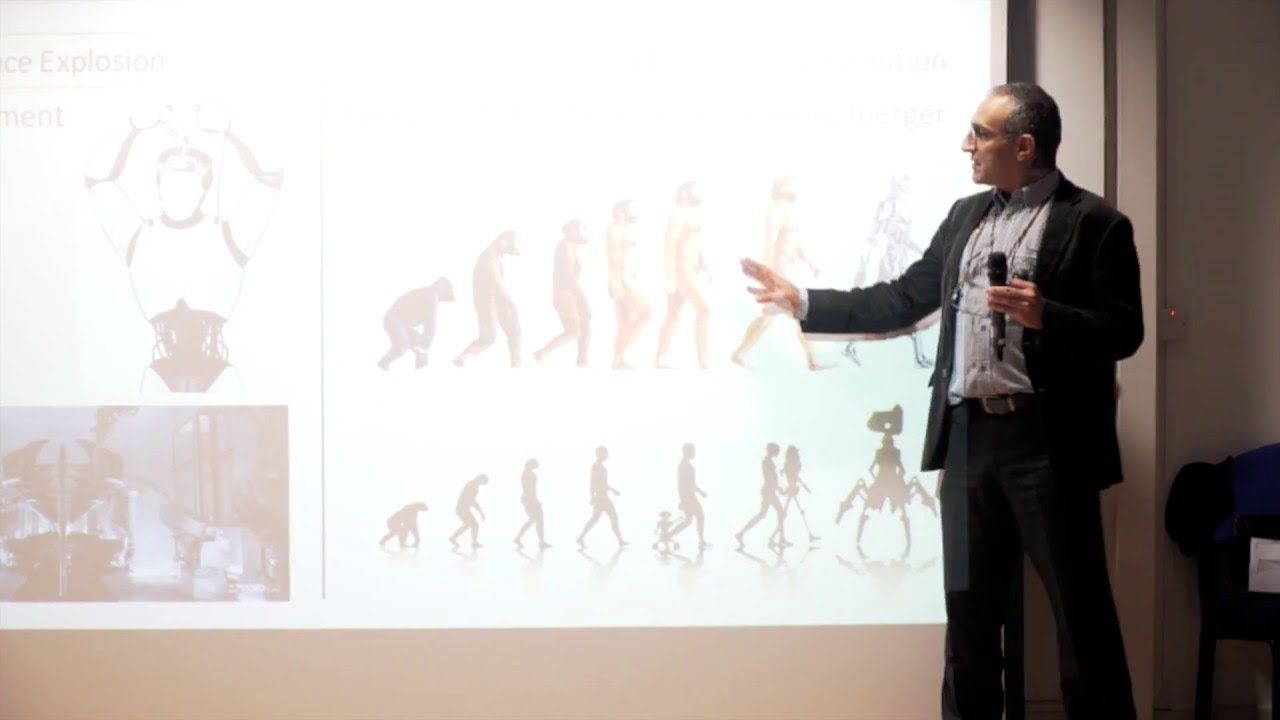Jul 2, 2016
Focus: Biological Cells Form Electric Circuits
Posted by Karen Hurst in categories: biological, computing, singularity
As we continue to improve cell circuitry, we will see this is going to be more and more important to our tech future. I believe once we have the underlying infrastructure improved with QC that we will see more advancement made in Biocomputing as well as opportunities to adopt on multiple levels including Singularity.
Cells that are electrically active and that also produce light for easy voltage monitoring could lead to new studies of heart arrhythmias and possibly bio-computing.
The human heartbeat is produced by electrical pulses that propagate through cardiac tissue, causing rhythmic muscle contraction. Researchers have previously engineered cells to create an artificial tissue capable of producing coordinated electrical activity, and now a team has added the ability to monitor their electrical state by detecting fluorescent emission. They have also fashioned the cells into “living circuits” that might act as model systems for studying heart behavior.


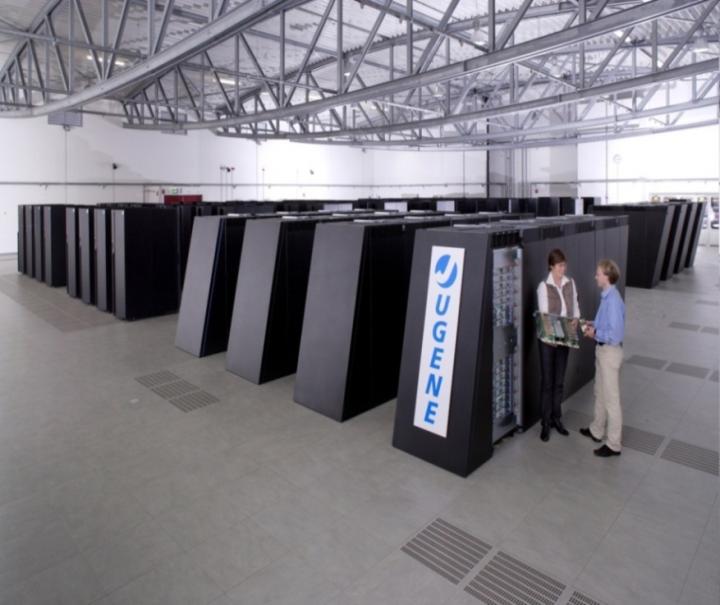
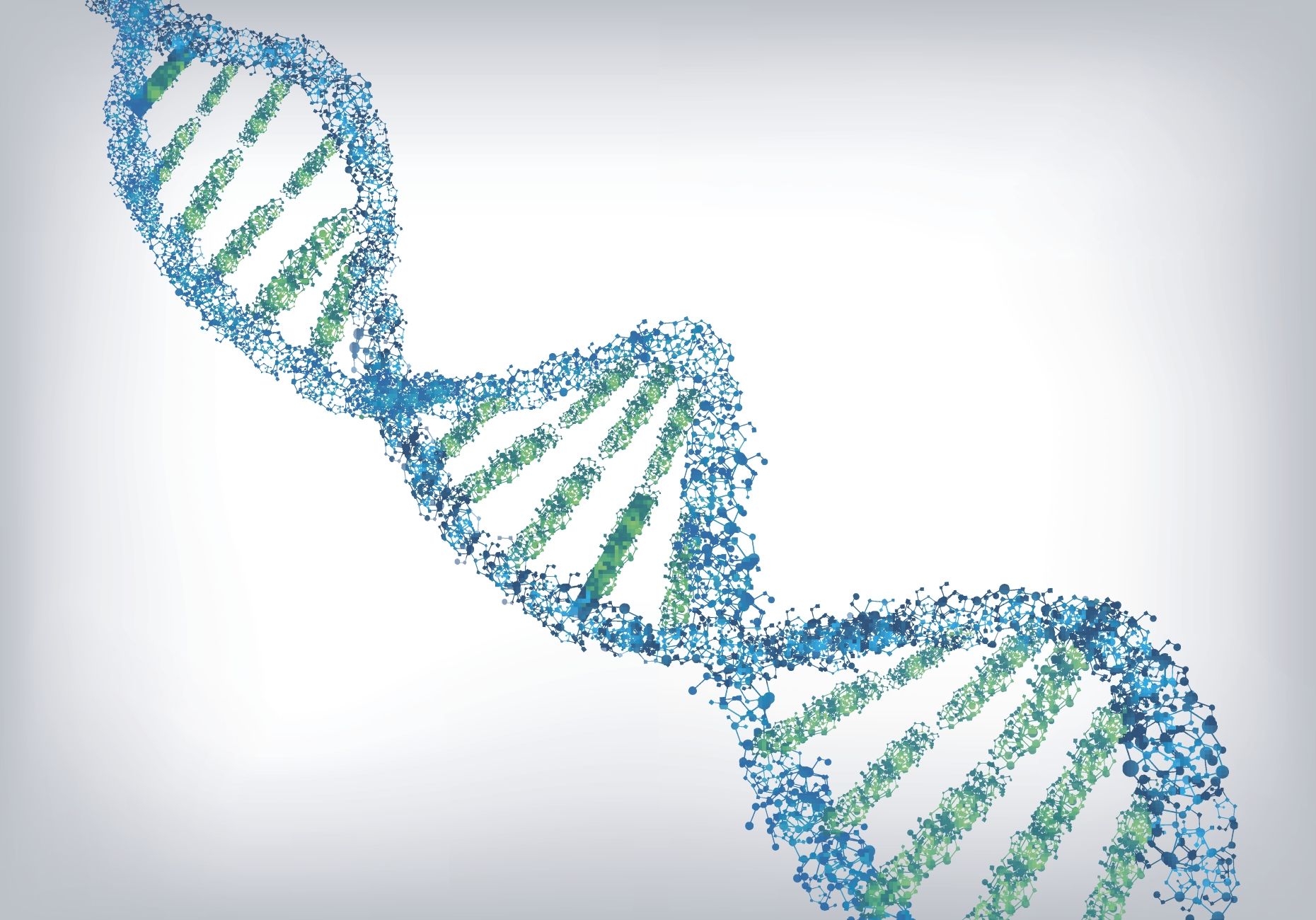
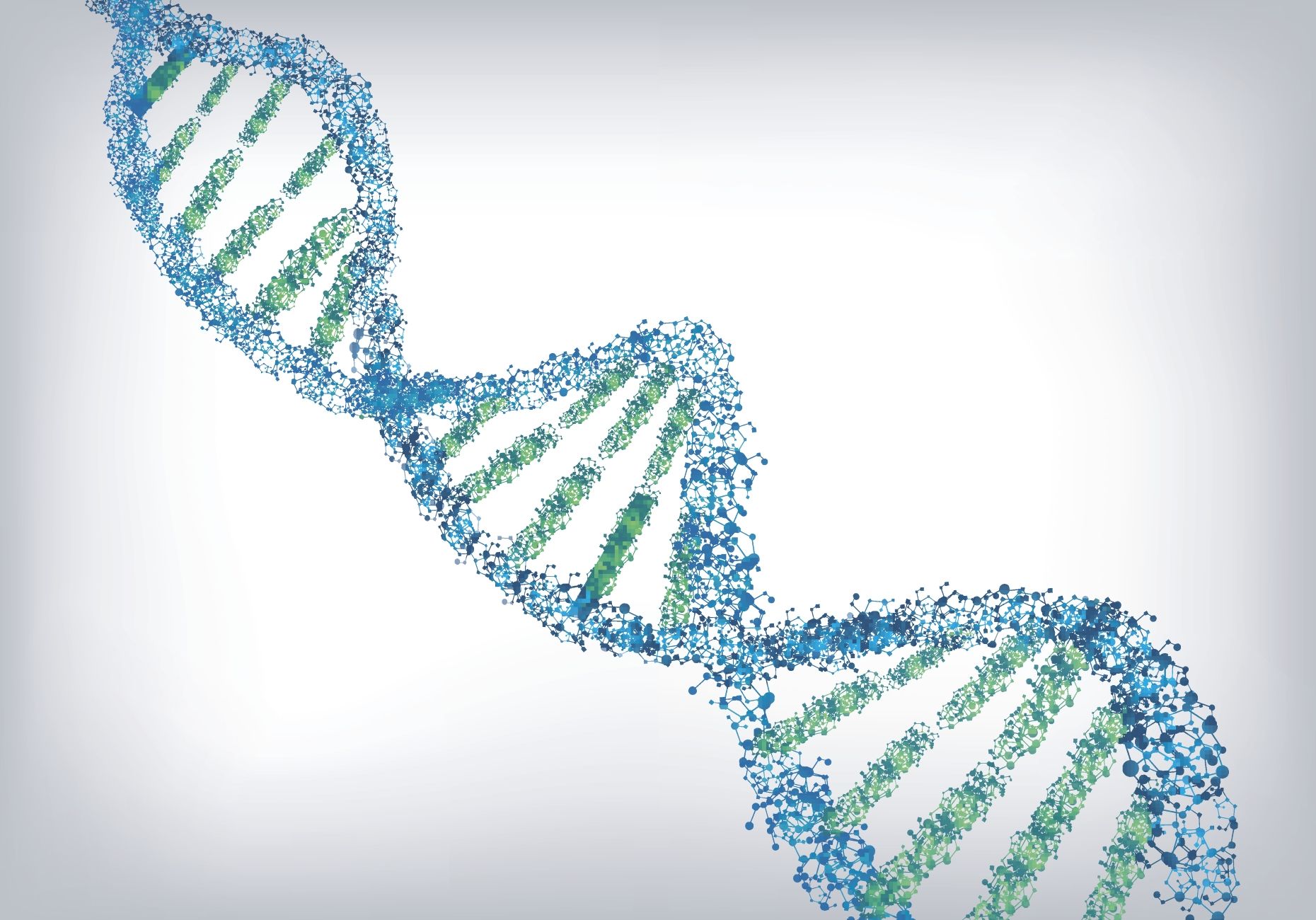 © iStock/ Getty Images undefined How much storage do you have around the house? A few terabyte hard drives? What about USB sticks and old SATA drives? Humanity uses a staggering amount of storage, and our needs are only expanding as we build data centers, better cameras, and all sorts of other data-heavy gizmos. It’s a problem scientists from companies like IBM, Intel, and Microsoft are trying to solve, and the solution might be in our DNA.
© iStock/ Getty Images undefined How much storage do you have around the house? A few terabyte hard drives? What about USB sticks and old SATA drives? Humanity uses a staggering amount of storage, and our needs are only expanding as we build data centers, better cameras, and all sorts of other data-heavy gizmos. It’s a problem scientists from companies like IBM, Intel, and Microsoft are trying to solve, and the solution might be in our DNA.

